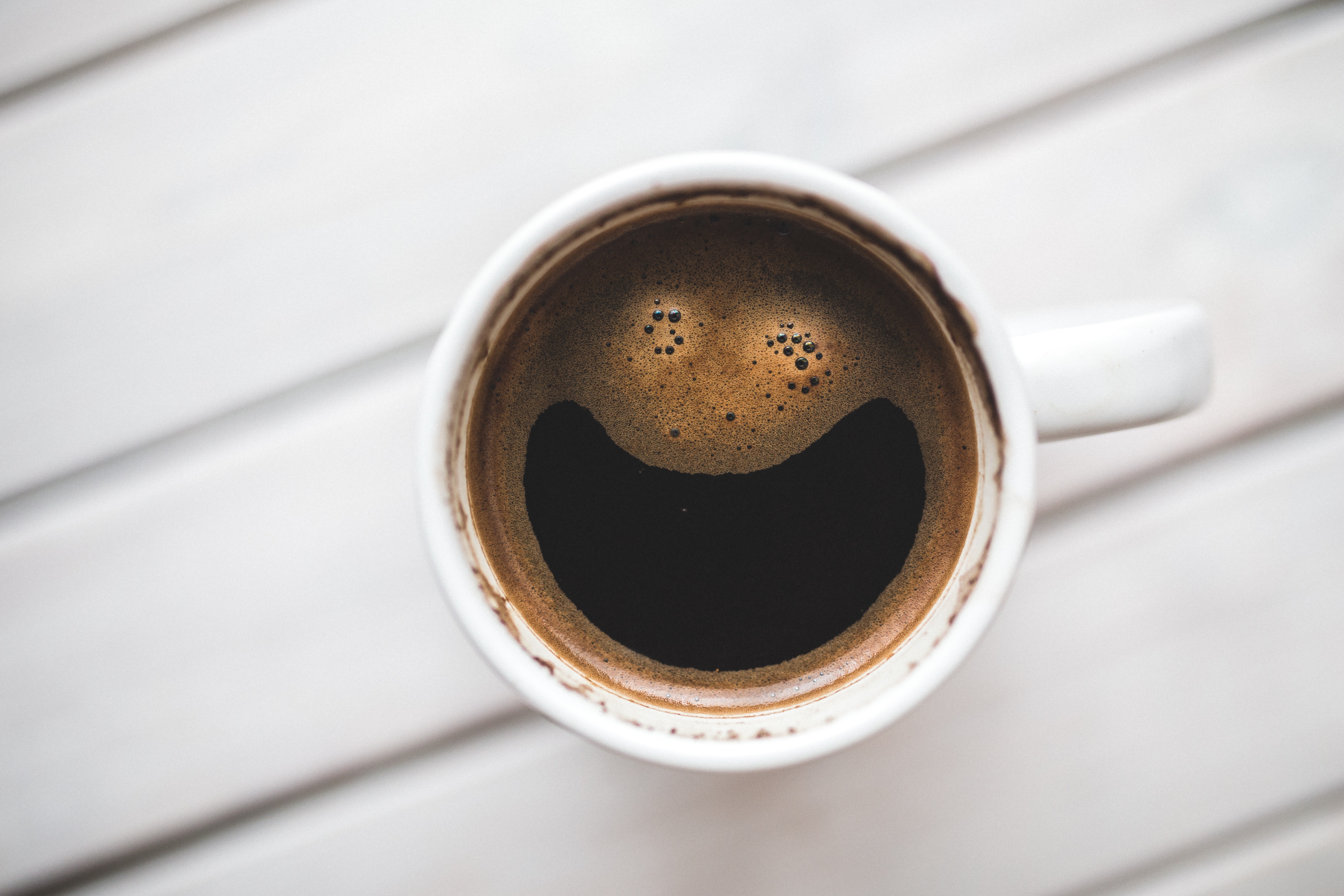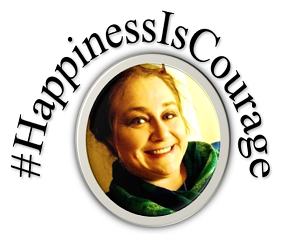
My dad (that “Chief Crankiness Officer” I referenced a few days ago) and I have been talking a lot recently about this happiness business. Not because he wants me to stop pursuing my passion. He’s actually delighted that my siblings and I have all found ways to nurture our souls in professional and personal endeavours that are incredibly rewarding. He’s just wired to “dig deep” when thinking about things.
“I’m kinda starting to think that the happiness thing starts to falter when we rely too much on what I call ‘peak experiences’ to define happy and we stop paying attention to the really important little stuff.”
He also rightly points out, “I don’t even see a clear majority definition much less a consensus…makes me wonder where the right starting point is… maybe what I’m saying is that before you can be happy you have to learn how, and I’m not so sure lots of people know how.”
(And yes, this is the kind of “small talk” my family enjoys… LOL!) As usual, he’s got some really great points. What even IS this intangible thing we call “happiness”, and do we know how to be happy (or give ourselves permission)?
- The dictionary defines happy as, “feeling or showing pleasure or contentment.”
- Happify.com says, “The research suggests that happiness is a combination of how satisfied you are with your life (for example, finding meaning in your work) and how good you feel on a day-to-day basis.”
- Psychology Today says, “ Research in the field of positive psychology often defines a happy person as someone who experiences frequent positive emotions, such as joy, interest, and pride, and infrequent (though not absent) negative emotions, such as sadness, anxiety, and anger (Lyubomirsky et al., 2005).”
Me? I think happiness is a lot like art. I may not know for sure what happiness IS, but I know it when I feel it. More importantly, I don’t see happiness as the goal. Instead, I treat happiness like a barometer, allowing me to identify whether or not I’m living (working, experiencing) in a way that is in alignment with my authentic self, including my needs, my most important wants, and my most meaningful goals. Gandhi framed this as, “Happiness is when what you think, what you say, and what you do are in harmony.”
Happiness is a barometer that identifies how well I’m in alignment with my authentic self.
(So what if your authentic self is a jerk, you ask? Well, I suspect that a lot of people who are unpleasant folks are actually just fundamentally UNhappy. They’re out of alignment, they feel marginalized, disenfranchised, lonely, like they can’t add value, like they don’t have autonomy, and so on. Can we help them, or some of them, get their lives in alignment, too?)
Now, this idea that people don’t know how to be happy, or the related idea that they know HOW, they just don’t feel like they have (or can give themselves) permission to actually experience happiness, well… #TheStruggleIsReal. Despite “the pursuit of happiness” being one of only three things specifically named in America’s founding documents as an inalienable right, we are some unhappy people, and it’s getting more dire. We’re constantly bombarded with messages about how terrible the world is, and I’m surprised all of our amygdalas haven’t just melted from the stress of keeping us freaked out all the time.
The good news is, we’re not helpless. We’ll explore ways to quiet the negative and accent the positive in future articles. I reject the notion that “life sucks and then you die”, and I refuse to accept that the best we can hope for is flashes of respite from the misery, usually packaged “As Seen on TV”, for the low, low price of our birthright of happiness.
For now, though, I encourage you to take some time and figure out for yourself what your personal definition of happiness is, and how that manifests in your life. After all, as the incredible and brilliant Lucille Ball said,
“It’s a helluva start, being able to recognize what makes you happy.”

—

